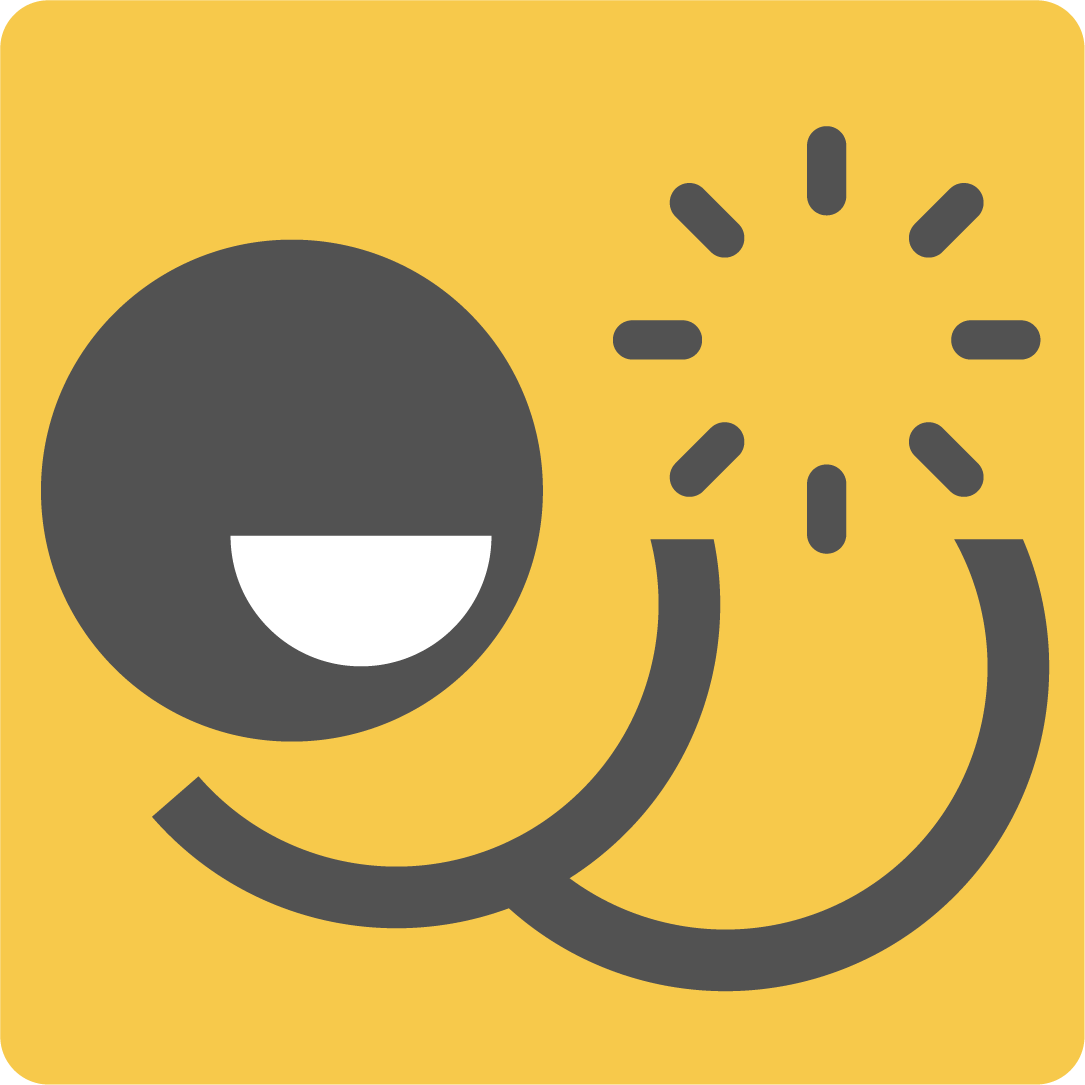Is knowledge work still a separate kind of work?
Thinking about knowledge work, designers, engineers.
Something designers and engineers have in common is we easily fit in the category of knowledge worker.
Exploring how to learn as an individual and with groups, navigating a learning process based on collaborative research, framing ideas as hypotheses to test, all very knowledge-ee. Learning what's needed, the constraints involved, tools and systems to compose to solve problems, constructing the problem solving thing. Very knowledge-omatic.
Are there jobs with no-knowledge work?
Learning seems connected to any job I've done and can think of. If a given job and associated need requires learning and would benefit from ongoing learning then what job isn't knowledge work?
What job has no learning? If that question sounds silly, please take a minute and list some jobs that have no learning involved. I can see how some jobs have more frequent contact with ambiguity or less yet still involve learning. Or they at least could involve learning if that's what interests the person doing the work.
Maybe there's more to the idea of knowledge work than labeling the class of worker. Or maybe it's that the term described more clear boundaries when Peter Drucker coined it in 1959. I've encountered so many references to Drucker's work, though mostly in business strategy and management focused publications. I think I just pivoted my blog by accident. Coined in a time when fewer people had access to computing and related tools and habits.
I think folks use the term still for a variety of reasons. Some seem useful and others seem classist by associating something general like learning with only particular kinds of jobs in a hierarchy.
How do you relate to the work, does that include learning?
The culture of your organization has a huge influence on what it's like to relate to the work. Have you worked places where stuff is cluttered and confused? You're in a tougher situation and facing challenges to make it possible to do the thing you were hired to do. That framing can fit if you're talking about preparing food, cleaning floors, doing yard work, making art, writing articles, building apps.
When you show up to do the work, what kind of situations do you hope to be part of? Someone leading and sponsoring your role will affect the situation. Do they make everything your problem or do they assist in setting you up to succeed? Do they expect you to participate in shaping the work or do they expect you to only transact perfect output.
- As an individual, do you like when there are more puzzles and learning related to the work? A particular kind of puzzle preference over others? Puzzles can be anything in the path of the work that needs solving: politics, priorities, purpose, needs, wants, goals.
- The group you're part of, how are you helping one another be in a better situation to learn and do the work?
- How much do you have to adapt to do the work?
- Who participates in the choices and decisions to adapt?
What seems to work for you doing the work?
For me, I tend to choose work and projects that involve getting paid to learn. Which could sound fancy. Like a life of leisure and whimsy choosing to explore anything I become curious about. That would be fancy. Instead though it's more like the difference between pure research and applied research. Applying learning by being goal driven, constraint curating, people focused, learning enough to build enough to keep at the whole process.
Maybe knowledge work is adding extra emphasis on involving learning.
When I read about learning in general and related matters like knowledge work, I mostly get excited. Like I'm seeing a structure that normally is invisible. Learning about learning and helping others benefit from it. That part is nourishing. Knowledge work as a way to describe what you do.
Useful to describe the way of work, not exclusive to specific work.
Knowledge work feels useful to describe a mode of engaging with work. When I see knowledge work used to characterize people only in particular careers it tenses me up. It feels wrong to say folks associated with one kind of career get to be knowledge workers while others don't. People can be learners even in very specific focused contexts.

